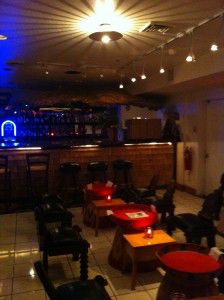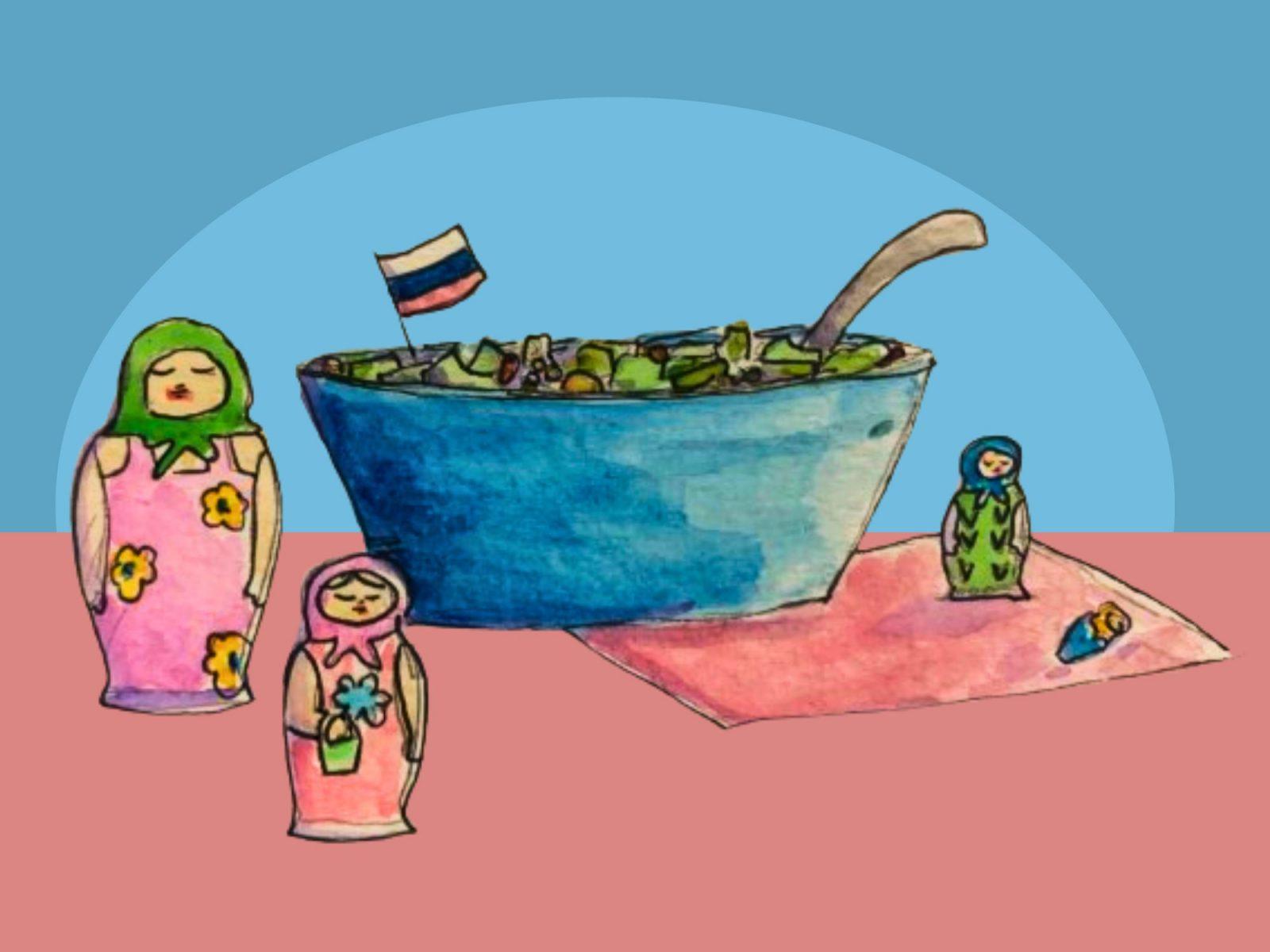In the minds of most Bostonians, the South End culinary scene boasts an air of bourgeoisie sophistication, with polite and polished restaurants dappling Tremont Street, the neighborhood’s lifeline, like a series of high-end boutiques. But nestled in a downstairs nook towards the east end of Tremont is a dining gem of a different set, Addis Red Sea, one of Boston’s few Ethiopian restaurants.

From the outside, Addis Red Sea is modest in comparison to some of its South End neighbors, but a few steps down the stairway that descends from the street a warm, inviting ambiance, with service to match, is revealed, much different from some of the uppity establishments on Tremont. True to its name, Addis Red Sea is a genuine Ethiopian eatery. Even the décor reflects the restaurant’s authenticity, with the traditional “mesab” table, so low that it barely brushes one’s knees, surrounded by squat wicker stools.
The dining set-up, which feels foreign at first, ends up to be far more than just a nod to the restaurant’s Ethiopian roots. The small, round table is in fact necessary to accommodate the way the food is served. While each guest orders his or her own entrée, the meals are distributed collectively on a round piece of “injera” bread, which is served on a tray that fits snugly on the tabletop.
The injera bread is very much the hallmark of an Ethiopian meal, not only taking the place of the plate, but also the silverware, as squares of the bread, which are served on the side, are used in the same way one would use a fork. While injera might be viewed as more of a utility than a delicacy, Ethiopian food cannot be discussed without acknowledging it. Not only is injera surprisingly healthy, as it is low in calories, gluten-free and high in fiber and protein, but it is strangely delicious, with a spongy, doughy texture and a satisfying taste that is sure to have diners asking their servers for second, thirds and fourths.
Of course, as addicting as injera is, it really is just a backdrop to the entrée. Addis Red Sea’s diverse menu offers many types of main dishes, including chicken, lamb, beef and fish, as well as vegetarian and vegan meals. Although there are many options for diners to choose from, in almost every section of the menu, rich flavors and hearty textures abound, complemented with notes of ginger, garlic and herbs, and set off by a spicy side dish of berbere sauce, a delicious Ethiopian staple.
Of all the vegetarian dishes, the Mittin Shuro Wot is the best bet. The meal’s main component, ground split peas, offer a satisfying consistency that strikes just the right balance between light and heavy. The peas are simmered in berbere sauce, which adds a nutty flavor that is spicy but subdued. The earthy texture of the ground split peas and the zest of the berbere sauce prove to be the perfect complement to the injera bread, resulting in a combination that is robust and savory without overwhelming the palate.
Gored Gored is considered Ethiopia’s national meat entrée, and is one of Addis Red Sea’s most popular dishes. The traditional cubed beef is slowly cooked producing a consistently tender, juicy bite. It is lightly marinated in mixture of berbere, onions and ginger roots, which give the beef a natural yet spicy flavor. A savory herbal butter adds a rich-creamy texture to the dish. While the butter may overwhelming at first, the injera bread quickly soaks up the excess, leaving perfectly marinated meat.
From the doting wait staff to the intriguing African décor, you’ll find yourself completely immersed in a warm Ethiopian atmosphere. While the ambiance of Addis Red Sea speaks to its authenticity, ultimately, the food speaks for itself. After all, any other restaurant in the South End, you might lick your plate clean. At Addis Red Sea, where the addicting injera bread is your plate, you’ll eat it.
























































































































